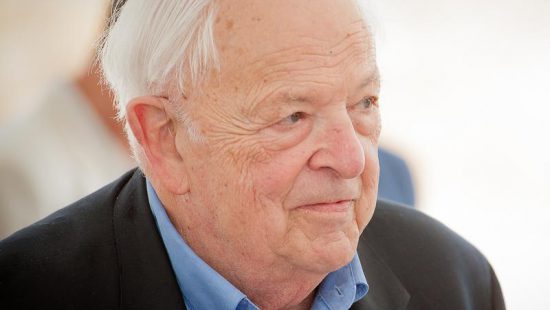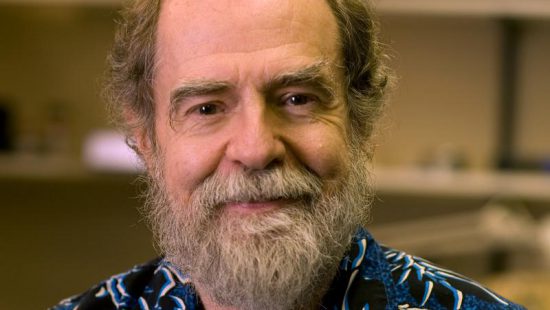When it comes to chemical structures, Robert Burns Woodward had a weakness:
“I love crystals, the beauty of their form – and their formation,” he wrote. “Much as I might think about chemistry, it would not exist for me without these physical, visual, tangible, sensuous things.”
The organic chemist, a longtime Harvard professor, is best known for deciphering the molecular structures of countless compounds that impact our lives, including cholesterol, cortisone and penicillin.
In his most famous synthesis, Woodward dissected the intricacies of Vitamin B12, a 181-atom structure considered to be one of the most complex in nature. Used for healthy brain function and formation of red blood cells, B12 is present in meat and other animal-related food products.
In 1971, Woodward and his colleagues completed the B12 synthesis, tracking a sequence of more than 100 reactions. From start to finish, the entire project took 23 years and set the standard for similar research in the decades to follow.







